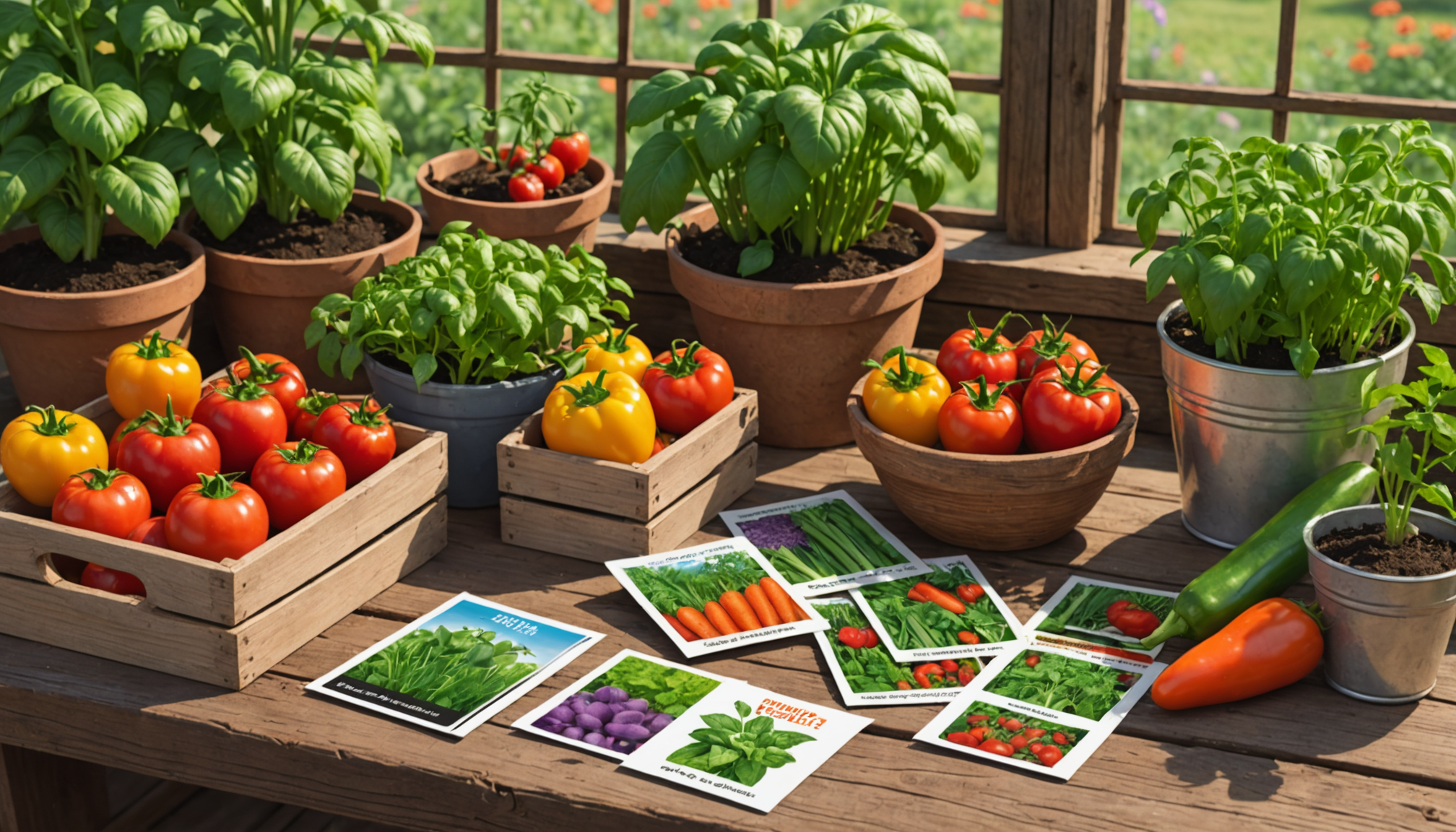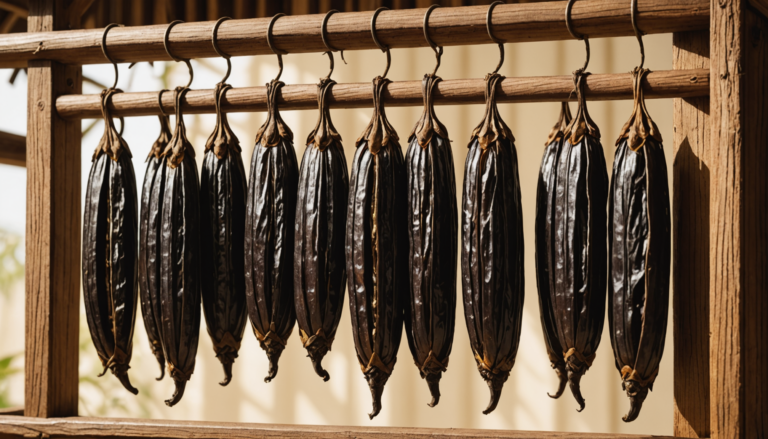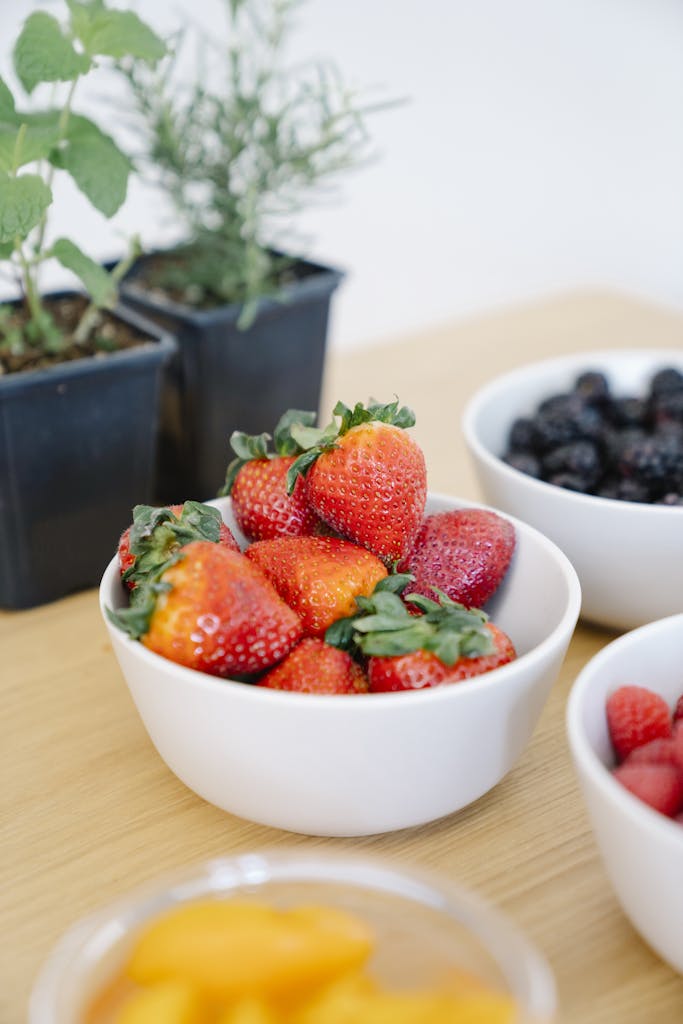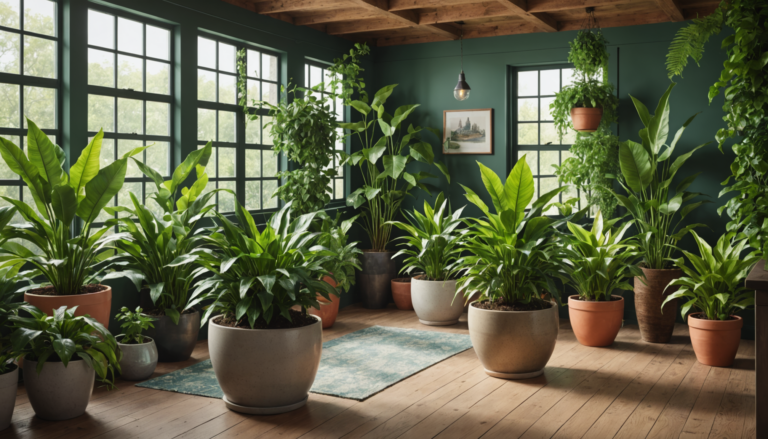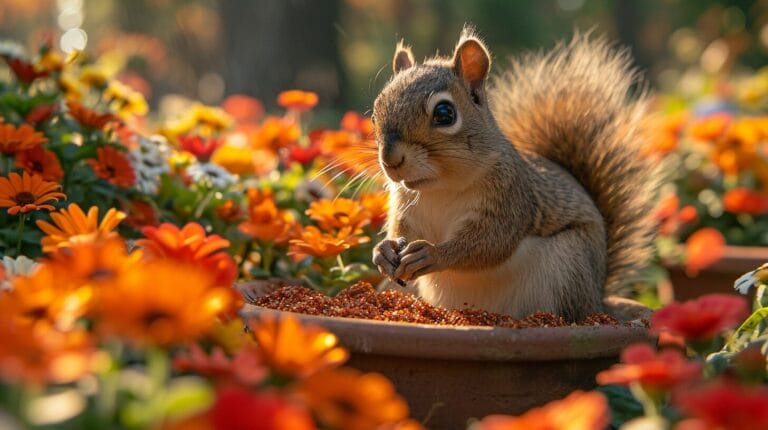Have you ever wondered how long vegetable seeds last in packets before they lose their magic? Understanding how long do vegetable seeds last in packets is super important for anyone dreaming of a thriving garden. Whether you’re a seasoned gardener or just starting your green journey, knowing how long your seeds stay viable can save you from planting a whole season of duds!
Imagine planting your favorite veggies only to find out they won’t sprout. That’s why it’s crucial to grasp seed viability and storage methods! In this article, we’ll dive into the lifespan of different seed varieties, uncover key factors that can affect their freshness, and explore the best ways to store them so they last for years. Get ready to discover how to keep your seeds healthy and happy, ensuring your garden flourishes! Let’s dig in!
Understanding Vegetable Seeds Viability and Shelf Life
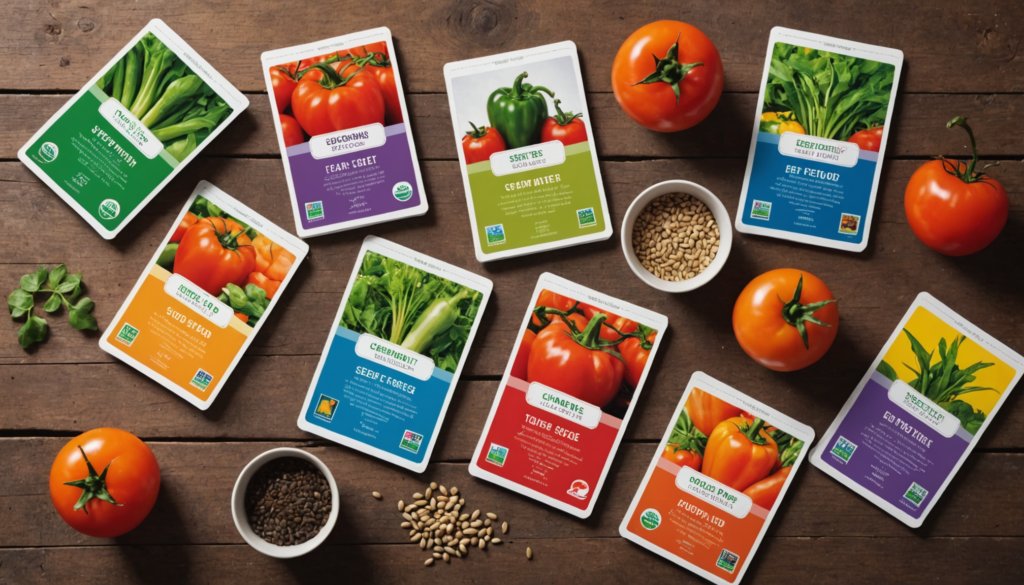
How Long Do Vegetable Seeds Last in Packets?
Vegetable seeds exhibit varying lifespans when stored in packets. Generally:
| Seed Variety | Average Shelf Life |
|---|---|
| Carrots | Approximately 1 year |
| Onions | Approximately 1 year |
| Beans | Approximately 3 years |
| Peas | Approximately 3 years |
| Tomatoes | 4–6 years |
| Cucumbers | About 5 years |
These estimates depend on the species and storage conditions. For optimal longevity, seeds should be kept in a cool, dry, airtight container.
Factors That Affect Seed Viability Over Time
Several factors influence seed longevity:
- Moisture: Excess moisture can damage seeds.
- Temperature: High temperatures may reduce seed lifespan.
- Light Exposure: Dark storage conditions help maintain seed vigor.
- Seed Type: Some seeds naturally have shorter lifespans.
Maintaining stable temperature and low humidity levels is essential for preserving seed quality.
Using the Seed Packet Date as a Starting Point
Seed packets usually list a packaging or best-by date. This date offers a useful starting point to judge seed viability. It indicates when the seeds were stored under ideal conditions, such as in a cool, dry, airtight container. Although the printed date provides a rough estimate, seed longevity depends on proper storage and environmental conditions. Gardeners often use their own germination tests to compare with the packet date.
Complete Vegetable Seeds Longevity Chart for Your Garden
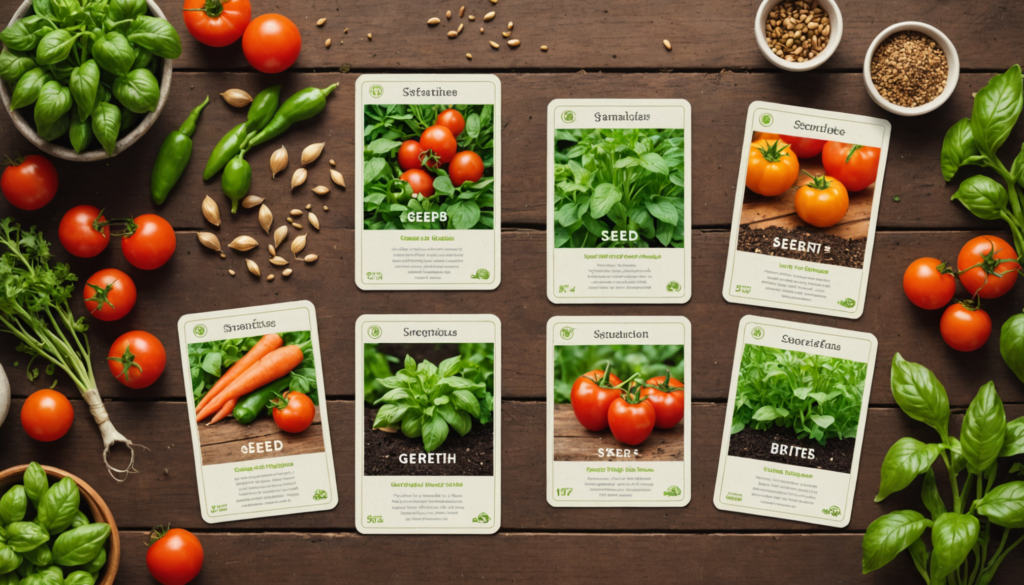
How to Read Seed Packet Information for Quality Assessment
Seed packets provide key information, including:
- Packed Date: Indicates when the seeds were sealed.
- Germination Rate: Shows the expected percentage of seeds that will sprout.
- Storage Instructions: Recommendations for keeping seeds viable.
Carefully check these details to assess seed quality.
When to Preserve or Replace Seeds in Your Collection
Regular checks of your seed collection are crucial. Replace seeds if:
- They are past their expected lifespan.
- Germination tests reveal low sprouting rates.
- There is visible moisture damage or signs of pests.
Maintaining a healthy seed collection ensures successful planting.
Proper Seed Storage to Extend How Long Vegetable Seeds Last
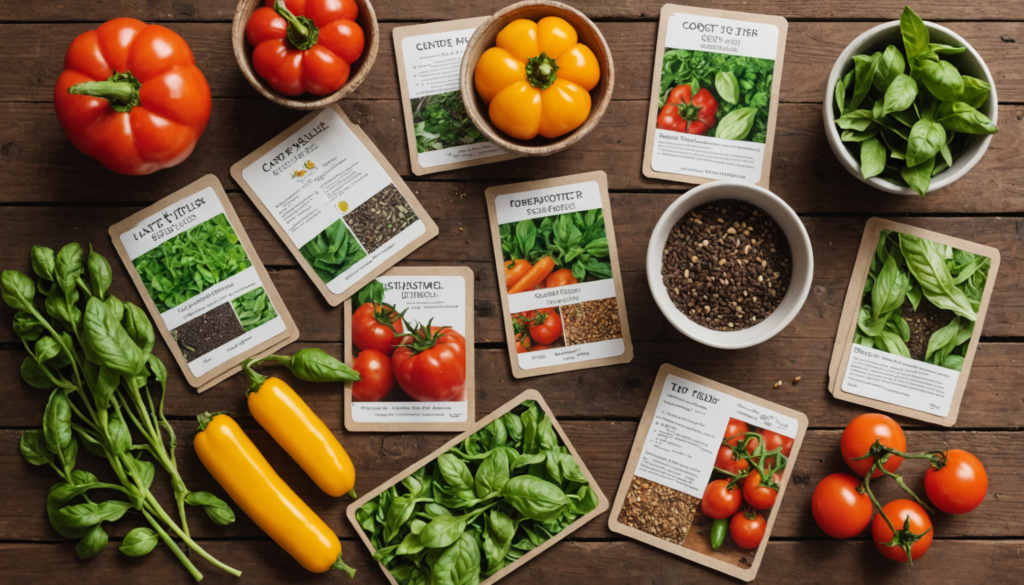
The Best Ways to Store Seeds for Maximum Viability
To ensure maximum viability:
- Store seeds in airtight containers, such as mason jars or sealed plastic bags.
- Keep them in a cool, dark place, like a basement or closet.
- Consider adding silica gel packets to absorb excess moisture.
These storage methods help protect seeds from deterioration. (My Green Terra)
Common Mistakes to Avoid When Storing Seeds
Avoid these common errors in seed storage:
- Storing seeds in humid areas.
- Using unsealed containers that allow moisture entry.
- Leaving seeds in warm spots that can cause temperature fluctuations.
Proper practices are essential to maintain seed quality.
Tips for Testing Seeds Last and Viability Before Planting
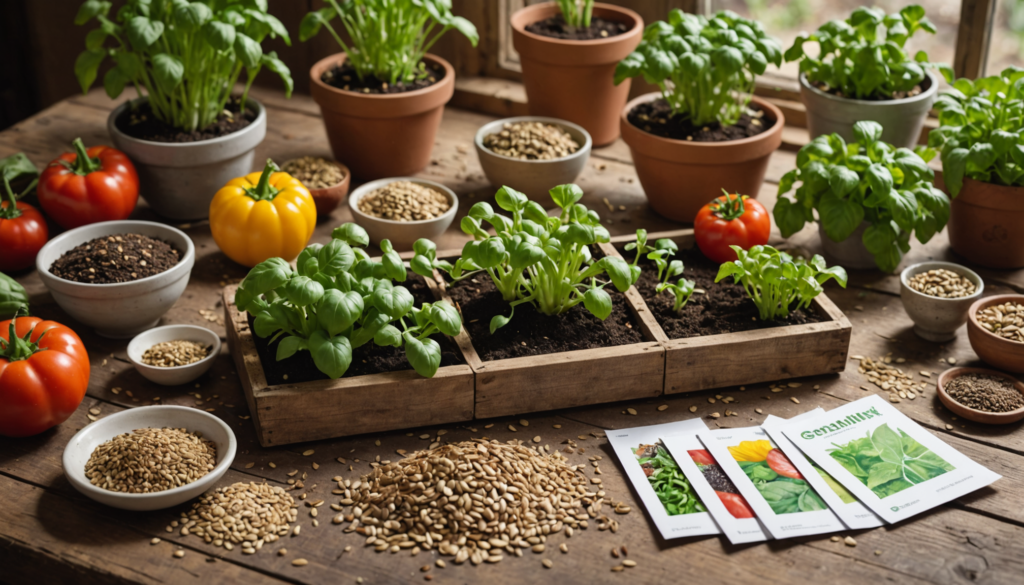
Simple Germination Tests for Your Old Seed Packet
A simple germination test can determine seed viability:
- Place several seeds on a damp paper towel.
- Fold the towel and keep it in a warm spot.
- Check for sprouts after several days; a sprouting rate of 70% or more indicates viability.
Reference:
How to Determine If Seeds Are Still Good to Plant
To assess seed health:
- Look for signs of mold or physical damage.
- Perform a paper towel test to check sprouting rates. Seeds that show signs of deterioration may not be suitable for planting. (HAR)
Saving Your Own Seeds for Future Garden Seasons
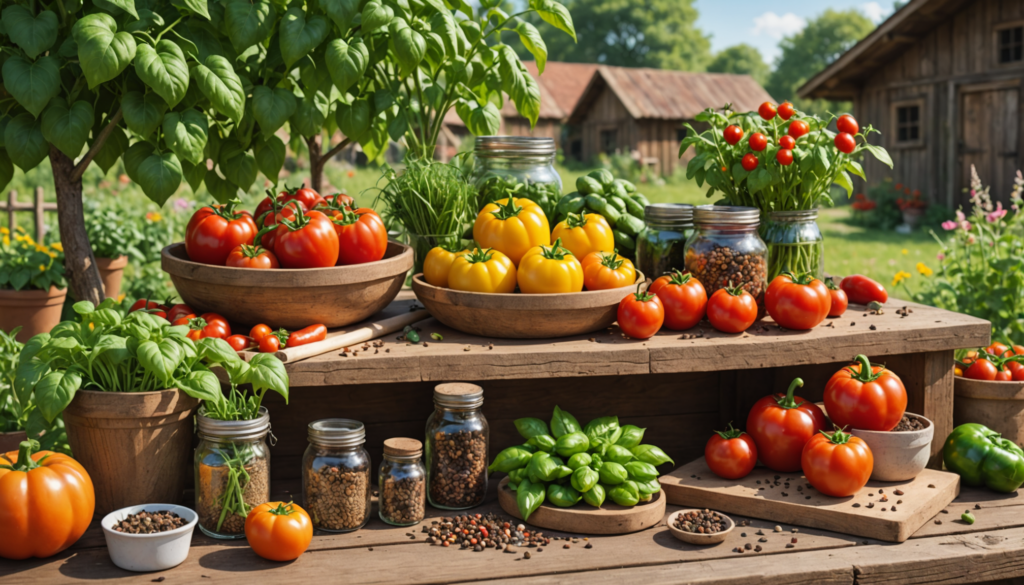
Beginner’s Guide to Saving Your Own Seeds
Saving seeds is an excellent way to support future gardening:
- Choose seeds from healthy, mature plants.
- Collect seeds once the vegetables are fully ripe.
- Clean and dry the seeds before storage.
Proper labeling helps track seed age and type.
How to Properly Harvest and Process Seeds from Your Garden
Follow these steps for effective harvesting:
- Collect mature fruits or pods.
- Clean the seeds thoroughly.
- Dry the seeds completely before placing them in an airtight container.
References:
- Utah State University
- Online Library Wiley
The Shelf Life Difference Between Store-Bought and Home-Saved Seeds
Store-bought seeds typically have longer shelf lives due to controlled packaging. Home-saved seeds require careful drying and storage to achieve similar longevity. Regular germination tests can help maintain seed quality over time.
Conclusion
Understanding how long vegetable seeds last in packets depends on species and proper storage methods. Most seeds remain viable for 1 to 3 years when stored correctly. Utilizing cool, dark, and airtight containers helps maintain their quality. Regular checks and simple germination tests ensure gardeners make informed decisions about their seed collections.
FAQs
1. How long do vegetable seeds last in packets?
Many vegetable seeds last between 1 and 6 years, depending on species and storage conditions.
2. Can seeds sprout after the “packed for” date?
Yes, many seeds can still sprout after the date, but their germination rates may decline.
3. What is the best way to store vegetable seeds?
Seeds should be stored in airtight containers in a cool, dark location for optimal longevity.
4. How can you test seed viability at home?
A simple germination test using a damp paper towel can determine if seeds are still viable.
5. What factors influence seed viability over time?
Key factors include temperature, humidity, light exposure, and the integrity of the seed packet.

